Andrea Rurale
Bocconi University, Milan,
andrea.rurale@unibocconi.it
Art as Investment
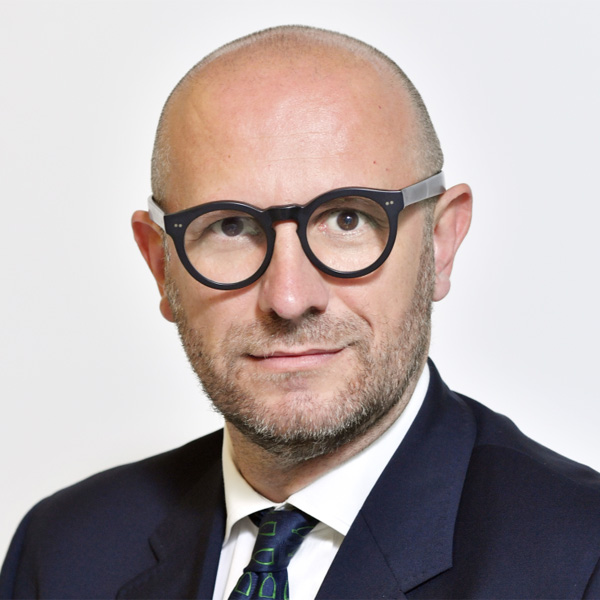
Bocconi University, Milan,
andrea.rurale@unibocconi.it
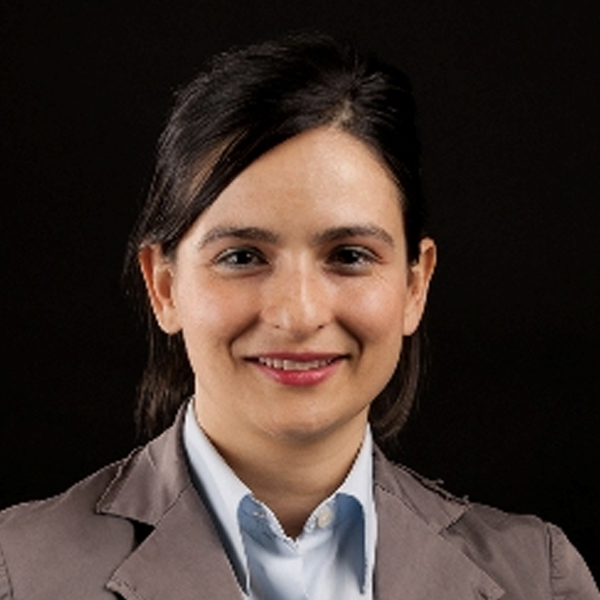
Bocconi University, Milan,
brunella.bruno@unibocconi.it
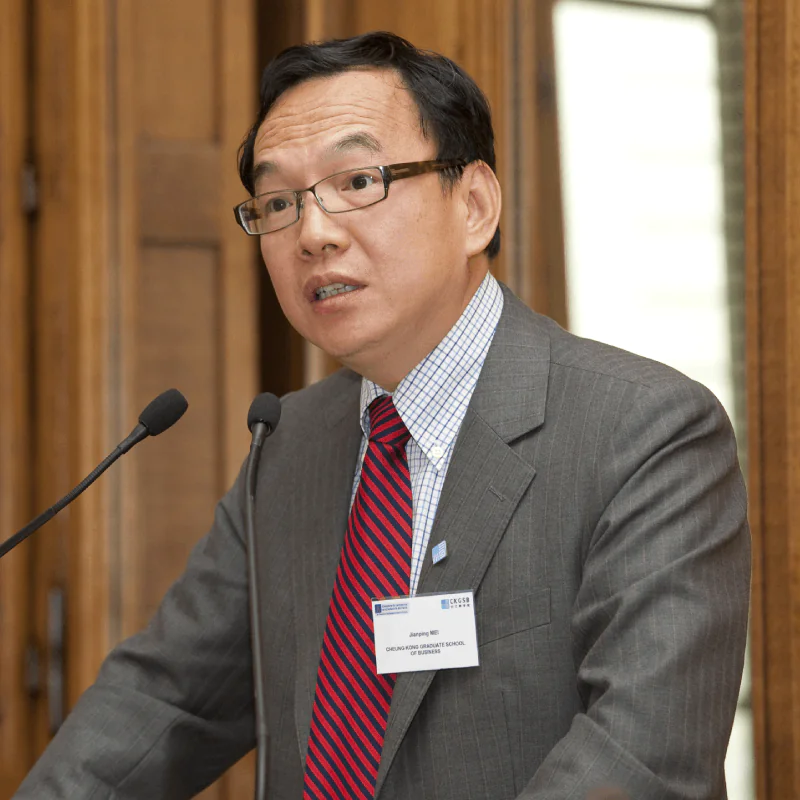
Cheung Kong Graduate School of Business, Shanghai,
jpmei@ckgsb.edu.cn
|
As the global art market surpasses $57 billion annually, the boundary between art as a repository of cultural meaning and art as a financial commodity is becoming increasingly porous. Once considered the domain of aesthetic contemplation and cultural heritage, artworks are now routinely treated as investment vehicles, portfolio diversifiers, and symbols of economic status. From auction houses setting record-breaking prices to hedge funds exploring alternative investments, art has entered the lexicon of finance, prompting scholars and practitioners alike to reconsider the implications of this shift. This special issue aims to investigate the growing entanglement of art with financial markets, and the consequences—both intended and unforeseen—of this evolution. While art has always held symbolic, emotional, and cultural value, its financialization introduces new logics and tensions. What happens when artistic worth is translated into monetary terms? How do financial actors, from banks to wealth managers, interpret and influence cultural assets? And what does this mean for the institutions, artists, and collectors that operate within the art ecosystem? We invite contributions that examine the value of art in all its dimensions—cultural, financial, emotional, political—and its role in the contemporary economy. In particular, we encourage submissions that interrogate the financial perspective: how art is bought, sold, valued, and leveraged in ways that mirror, disrupt, or challenge traditional asset classes such as stocks, bonds, and real estate by positioning art and cultural objects as alternative forms of investment. The issue seeks to generate a conversation across disciplines, inviting insights from arts management, finance, cultural economics, law, museum studies, consumer behavior, and beyond. We welcome research articles, case studies, practitioners’ perspectives notes, and book reviews. Possible topics include, but are not limited to:
Explore the financialization of art, the rise of art indices (e.g., the Sotheby’ s Mei Moses Indexes), and provide comparisons with traditional asset classes in terms of liquidity, risk and return. Examine how art-specific sources of risk affect art performance and how to account for them.
How banks, wealth managers, and art lenders integrate art into their business strategies—and the ethical, legal, and market implications of these decisions.
Analyze how acquisitions, exhibitions, and curatorial decisions from both public and private museums shape market value, provenance, and collector preferences. Auction Houses and Private Sales Examine the strategic, symbolic, and financial dimensions of auction sales and private transactions.
Understand the drivers of art value and price. Gain insights into the main factors influencing them, including the role of gender in affecting art prices.
Address the role of provenance, legal frameworks, and due diligence in mitigating financial and reputational risk in art transactions.
Explore how the restitution of looted or colonially acquired artworks affects art market practices, including constraints on circulation, shifts in sales patterns, and evolving perceptions of value and legitimacy.
We welcome contributions that examine how private museums function not only as cultural institutions but also as strategic tools for accumulating financial, social, and political capital.
Consider emerging models such as fractional ownership, art securitization, NFTs, and the implications for access, democratization, and speculation.
Explore how millennials, Gen Z - along with a growing base of women collectors - and the rise of new collector regions (e.g., China, India, Africa) are reshaping collecting practices and market dynamics.
Examine how new generations of collectors are reshaping the art market by blending financial interest with identity, narrative, and cultural engagement. Explore their impact on fairs, financial institutions, and collecting practices, and how this evolving figure influences value creation and market access.
Submission GuidelinesDeadline for Manuscripts: September 5, 2025
Manuscripts should follow the submission guidelines of the International Journal of Arts Management that might be retrieved in the following websites:
https://gestiondesarts.hec.ca/en/ijam/
https://www.sdabocconi.it/en/international-journal-arts-management For submissions, please use the following link specifying that you submit your manuscript for the Special Issue “Art as Investment”: https://revue.hec.ca/index.php/ijam/login
Background LiteratureAdam, Georgina. 2021. The Rise and Rise of the Private Art Museum. Lund Humphries. Adams, Renée B., Roman Kräussl, Marco Navone, and Patrick Verwijmeren. 2021. “Gendered Prices: Analyzing Gender Disparities in the Art Market.” The Review of Financial Studies 34 (8): 3789-3839. Ashenfelter, Orley, and Kathryn Graddy. 2003. “Auctions and the Price of Art.” Journal of Economic Literature 41 (3): 763-87. Baumol, William J. 1986. “Unnatural Value: Or Art Investment as Floating Crap Game.” The American Economic Review 76 (2): 10-14. Belting, Hans, Andrea Buddensieg, and Peter Weibel. 2013. The Global Contemporary and the Rise of New Art Worlds. The MIT Press. Bocart, Fabian Y. R. P., Marina Gertsberg, and Rachel A. J. Pownall. 2021. “An Empirical Analysis of Price Differences for Male and Female Artists in the Global Art Market.” Journal of Cultural Economics 45 (2): 243-68. Bolton, Lisa E., Heam Tat Keh, and Joseph W. Alba. 2010. “How Do Price Fairness Perceptions Differ Across Cultures?” Journal of Marketing Research 47 (3): 564-76. Bruno, Brunella, Emilia Garcia-Appendini, and Giacomo Nocera. 2018. “Experience and Brokerage in Asset Markets: Evidence from Art Auctions.” Financial Management 47 (4): 833-64. Cowen, Tyler. 1996. “Why Women Succeed, and Fail, in the Arts.” Journal of Cultural Economics 20 (2): 93-113. Galenson, David W. 2009. Conceptual Revolutions in Twentieth-Century Art. Cambridge University Press. Galenson, David W. and Bruce A. Weinberg. 2000. “Age and the Quality of Work: The Case of Modern American Painters.” Journal of Political Economy 108 (4): 761-77. Ginsburgh, Victor A., and David Throsby (Eds.). 2006. Handbook of the Economics of Art and Culture (Vol. 1). Elsevier. Loots, Ellen, Diana Betzler, Trine Bille, Karol Jan Borowiecki, and Boram Lee. 2022. “New Forms of Finance and Funding in the Cultural and Creative Industries.” Journal of Cultural Economics 46:205-30. Mei, Jianping, and Michael Moses. 2002. “Art as an Investment and the Underperformance of Masterpieces.” The American Economic Review 92 (5): 1656-68. Renneboog, Luc, and Christophe Spaenjers. 2013. “Buying Beauty: On Prices and Returns in the Art Market.” Management Science 59 (1): 36-53.
|
June 30, 2025
Kingston University London
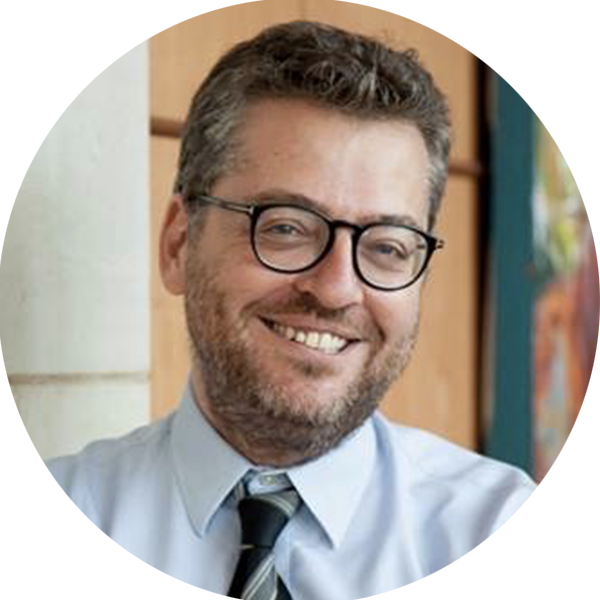
Bocconi University
Italy
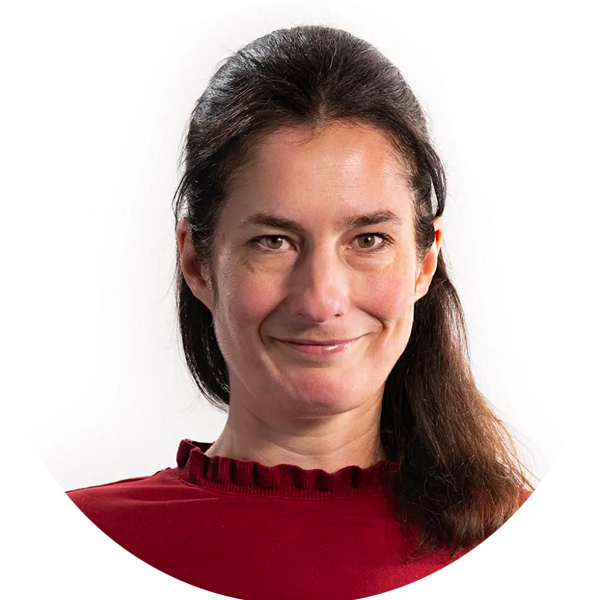
Kingston University
UK
|
The International Journal of Arts Management's third annual Paper Development Workshop will be held in partnership with the Journal of Philanthropy.
The workshop will be hosted by Kingston University London on June 30, 2025.
Participants will develop an academic research paper for publication in the International Journal of Arts Management, the Journal of Philanthropy, or a similar journal. Participants developing teaching cases and practitioner perspectives articles are also welcome to attend.
This year's workshop theme is "Cross-Disciplinary Partnerships and Fundraising in the Arts."
In lieu of traditional conference presentations, participants will discuss their papers in roundtable sessions and receive individual feedback from journal editors as well as a peer review.
In addition to individual feedback sessions, the workshop will feature presentations on:
The workshop will conclude with a visit to the Dorich House Museum at Kingston University.
The fee for the workshop will be £100, which will cover refreshments and expenses for the day.
To apply, please submit an extended abstract of the paper you intend to develop at the workshop, maximum 1000 words, to ijam@hec.ca by April 15, 2025. |
June 22, 2024
Instituto Universitário de Lisboa

Bocconi University
Italy
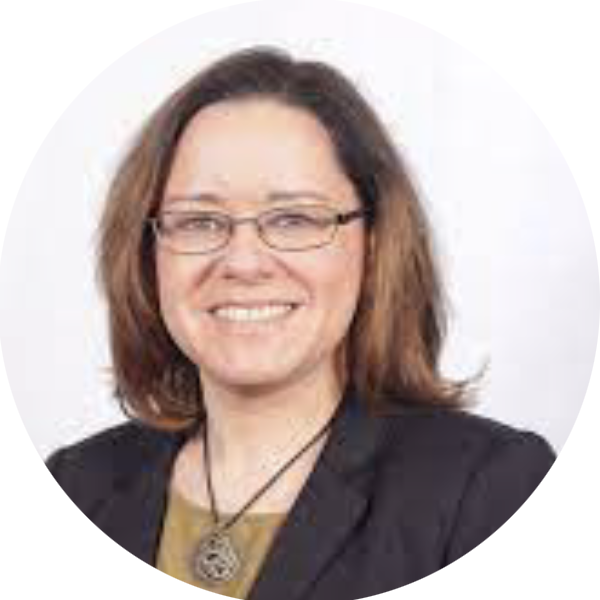
Kent State University
United States
The International Journal of Arts Management will hold its second annual Paper Development Workshop prior to the 17th International Conference on Arts and Cultural Management in Lisbon, Portugal. This hands-on workshop gives participants the opportunity to develop an academic research paper for possible publication in IJAM or a similar journal.
The 2024 conference will be held on Saturday, June 22, 2024, just prior to AIMAC 2024, at the same venue in Lisbon, Portugal.
In lieu of traditional conference presentations, participants will discuss their papers in breakout roundtable sessions and receive feedback from both IJAM editors and peers to improve their papers and prepare them for submission.
The theme of this year's workshop is “Conducting and Publishing High Impact Research”.
In addition to individual feedback sessions, the workshop will feature discussions of:
The workshop will conclude with a reception shared with the AIMAC Doctoral Symposium.
Space will be available on Sunday, June 23, for informal breakout sessions and individual work.
The fee for the workshop will be 70 euros, which will cover basic expenses for the day.
To apply, please submit a max 1000-word extended abstract of the paper you intend to develop at the workshop to ijam@hec.ca by March 15, 2024.
June 22-23, 2023
HEC Montreal

Bocconi University
Italy

Kent State University
United States
The International Journal of Arts Management announces its first Paper Development Workshop. This hands-on workshop gives participants the opportunity to develop an academic research paper for possible publication in IJAM or a similar journal.
In lieu of traditional conference presentations, participants will discuss their papers in breakout roundtable sessions and receive feedback from both IJAM editors and peers to improve their papers and prepare them for submission. The workshop will also feature guest speakers and an editors’ panel discussing best practices for developing research projects to submit to academic journals.
The theme of this year’s workshop is “Telling Your Story.”
Our keynote speaker, Russell Belk of York University, will discuss how the story of his work has evolved with the advent of new technologies in “Art and Art Collecting in a Digital Age.”
Featured sessions will also include:
Workshop participants will also have a chance to experience Montreal’s summer arts scene with social events on Thursday evening and Friday afternoon.
The fee for the workshop will be $200 Canadian. To apply, please submit a 1000-word extended abstract of the paper you intend to develop at the workshop to ijam@hec.ca by April 15, 2023.
June 20-21, 2023
HEC Montréal

HEC Montréal

HEC Montréal
The 8th Doctoral Symposium in Arts and Cultural Management continues a tradition of fostering a community of scholars and expanding dialogue and communication among the next generation of Arts and Cultural Management scholars. The 8th Doctoral Symposium will be hosted by HEC Montréal. Those who cannot attend physically will be accommodated virtually.
The symposium will provide students with the chance to receive feedback on their research from leading researchers in the field, along with opportunities for networking, guidance, and learning focused on conducting and publishing research on the arts and cultural industries.
Applications are encouraged from second and third-year doctoral students or those whose thesis is well underway but not yet finished. Proposals from any relevant discipline will be considered, provided they make an original contribution to the study of arts and cultural management.
To facilitate successful online interactions, the symposium will be limited to 24 participants. Please note that there will be a symposium fee of $30 CA per participant. To apply, please combine the following into a single PDF file:
All documents, abstracts, and papers should be written in English. The same guidelines apply to oral presentations at the symposium.
Academic organizers will select application proposals according to the following criteria:
Please submit your application by March 15, 2023, to both Symposium Chairs Danilo Dantas and François Colbert at danilo.dantas@hec.ca and francois.colbert@hec.ca. Please direct all inquiries to the same email addresses.
Applicants will be informed of acceptance decisions in April 2023. Those invited to participate in the symposium will be asked to submit a full paper by May 15, 2023.